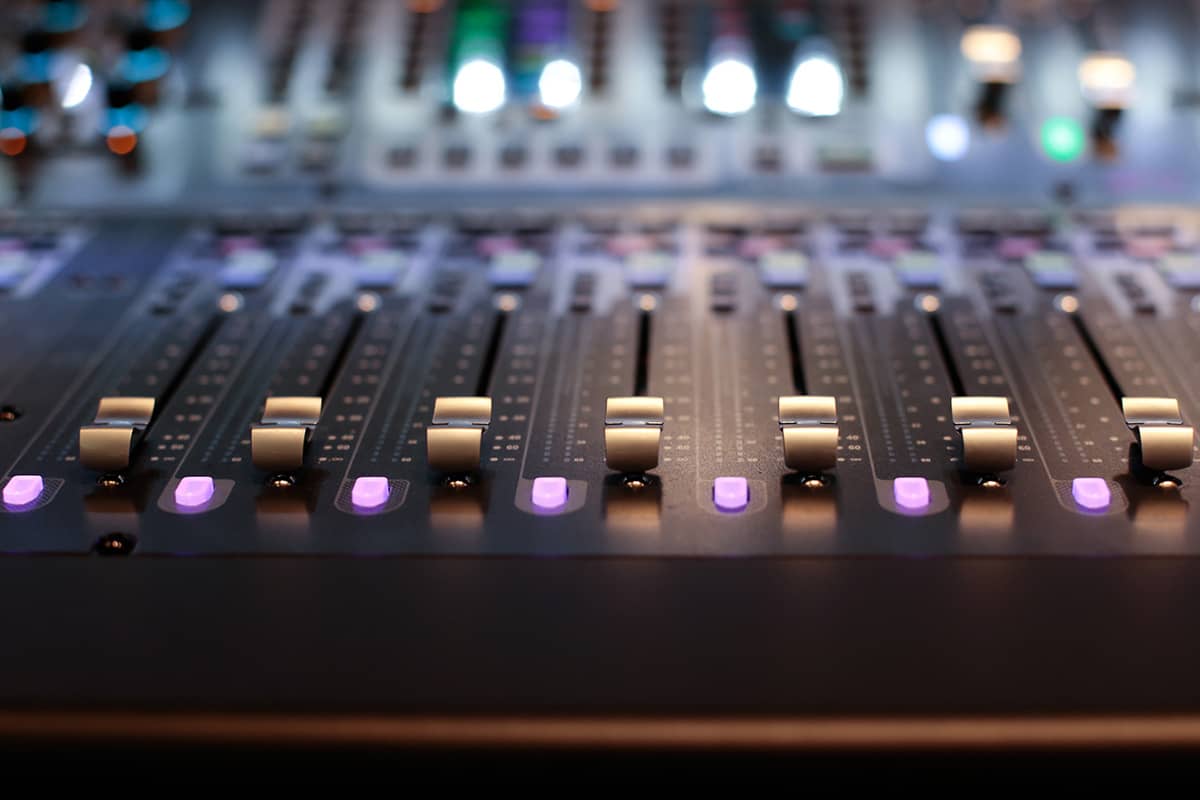Audio: A Connecting Lifeline During Natural Disasters
A devastating natural disaster, Hurricane Ian, once again reminds us of the quintessential role Audio plays in keeping communities safe and connected. With news coverage from the ground and across a wide network of reporters, radio listeners followed the storm as it hit coastal towns and shifted direction. Hyper-local information came to life through the voices of trusted hosts, mobilizing listeners to seek safety and reach out to those in need. Ben Mevorach, Audacy’s 1010 WINS News Brand Manager, explained how broadcast radio scales to cover crises such as Hurricane Ian and how Audio differs from other media in this process.
Q: Even though the hurricane hit Florida and Carolinas, all of us around the nation wanted to hear about it and understand what was going on. How do we create that connection from New York?
BM: When we know a storm is coming, the critical element is to connect with our weather team. The tracking of where the storm is going is of paramount importance. People want to know [if] the storm is going to hit them or their relatives. Restaurant owners need to know because it affects their business dramatically. There are so many things people do in their active lives that their interest is peaked as to the track of the storm. So our first information that’s of tremendous importance is where is the storm, where is it landing. That in of itself is an art and science because people have a tendency not to believe the weather forecast saying ‘it never lands where it’s supposed to land’ That’s an unfair criticism, because it’s predicting nature… But I’d rather tell you to evacuate and you yell at me after the fact…than tell you when it actually hits – be exact – but people’s lives are ruined. People call it sounding the alarm, but we tell what we know as early as we know. The most important things are early gathering of the information, tracking the storm and asking ourselves the ‘what-if’ scenarios. What if it hits Ft. Myers, Jacksonville or if it turns and goes to Texas.
And it’s a lot of draft work, revision work. If it goes to Ft. Myers, where are the NYers in the area [for us]? Where are the politicians, first-responders and other emergency management folks? We need to let them know we will be calling upon them. And if the storm shifts, we do it all again for the new location. So the early planning stages will change multiple times, but you have to prepare. You can’t wait.
Once we know within a general vicinity of where it’s going to hit, we create almost a separate newsroom within a newsroom. We take people from their day-to-day jobs and we say we need you to produce, make calls, etc.
When reporting locally, radio hosts are not just reading the latest news, they are speaking from within their communities. The streets that are blocked are also where they typically drive. Local businesses that shut down temporarily are also where they buy their home goods. These candid accounts not only bring forth vivid accounts of events, but also establish a mutual sense of understanding between hosts and their listeners. That type of emotional connection is exactly what sets Audio apart from other media, especially in times of crisis.
Q: How does Audio differ from other media when it comes to crisis coverage?
BM: On the radio, it’s very direct. There is nothing between the host or the reporter and the listener. It really is 1 to 1. Generally the host lives in the community. The way the host talks, the listener will sense that they’re from the area and that they get it. Facts are critically important, but if you want to capture people’s attention, you have to tell it in a story.
It’s key for audiences to build the story in their minds and make it their own. That’s how Audio forges emotional connections and differentiates itself from other sources. Audio news reporters paint a picture of local events with words and draw listeners in.
BM:Let’s say there is a missing girl. Television will put a picture of the girl. You’ll be moved by the picture and then go on about your day. On the radio, we have to describe that girl…her hair, eyes, little gap in her teeth that gives her a bit of a crooked smile. Your mind is now building that picture. It’s not being done for you. You’re thinking of who that girl can be and who she looks like… It is now personal to you. And you bring your emotions to it.
When cellular service becomes unreliable during emergencies and the recovery period, it may not be enough to stream long videos, but it is enough to download audio content on demand.
Q: How can podcasts be helpful in crises such as Hurricane Ian?
BM: If I want more on one angle of the story, I can get that [from a podcast.] Let’s say we want to analyze how one person got through the storm. In a podcast, think how it is to sit at the kitchen table, to listen in on the conversation, to hear the wind rattling the windows behind them, to feel the fear in the preparation … [Podcast] does a different service than the actual, moment-to-moment coverage, but can add such a sense of depth and connectivity that you can’t really do in the speed in which broadcast news moves.
Audio is the ultimate crisis communication medium. It gets audiences so deep and close to the experience, that people feel they’re living that moment they’re hearing about with their eyes closed. And in a time when there is so much distance between people and so many in need of help, audio truly is a unifying and guiding force. It’s a connecting lifeline. It’s a human connection.
